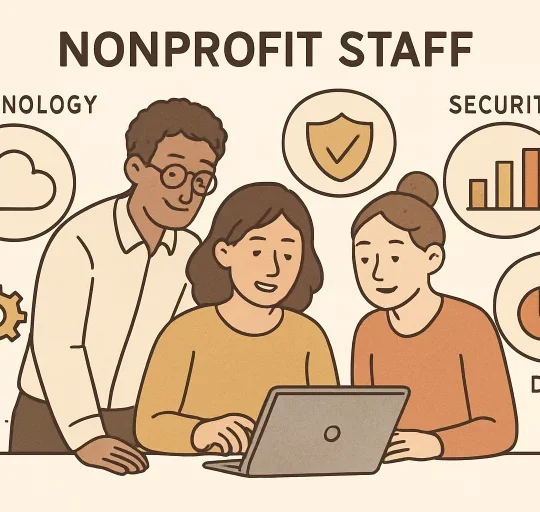 When tossing around the idea of selling a small business, there is a good chance you’ve gone back-and-forth on it.
When tossing around the idea of selling a small business, there is a good chance you’ve gone back-and-forth on it.
Unless you’ve been 100 percent committed to selling and have not wavered, odds are you looked at the pros and cons of it.
That said you will never fully know the answer until you in fact sell.
But before you get to that point, it is wise to run scenarios through your head.
By giving this potential move a lot of thought, you should end up with the right decision at the end of the day.
Take the Time to Get it Right
There is no doubt selling a startup that you have grown and hopefully seen prosper is not something you do on a whim.
With that in mind, think through what it will be like trying to sell,. Try to sense what your financial situation will be afterwards, what your next business move is and so on.
Once you have reached the point in your mind where selling is the way to go, you want to be as prepared as possible.
In how to prepare your startup for acquisition, the first order of business is all papers are in order.
Yes, sloppy paperwork or paperwork that is missing to one degree or another can slow down a sell. It could even cancel out a sale if you are not careful.
Go through the papers with a fine tooth comb to make sure everything looks okay.
When it comes to company finances, you also want to be absolutely positive everything is good.
Make sure you are not dealing with any large outstanding debt, tax issues and more. One of the first things to kill a potential sale would be if you have money matters that scare a prospective buyer.
Next in the Cards for You
Even if the sale of your small business comes off without any major hitches, what is next in the cards for you?
One option may be to take on the responsibility of running and growing another business.
Another thought is the idea of going to work for someone else.
In the event you choose that option, would you be comfortable having someone else call the shots?
While you would not have the final say in things, working for someone else also means less pressure. That is when it comes to having to make the big decisions.
Still another thought would be that you’ve had enough of the business world after all these years. That is retirement is where your focus will turn to. Of course being able to do that will mean you are in a good spot with your finances.
No matter what decision you end up making, be sure you’ve had time to think things through.
The last thing you need or want is financial headaches, stress over what to do next and so on.
When moving on from your small business, the hope is you know you gave it your best shot in being an owner.
So, is it time for a change?







